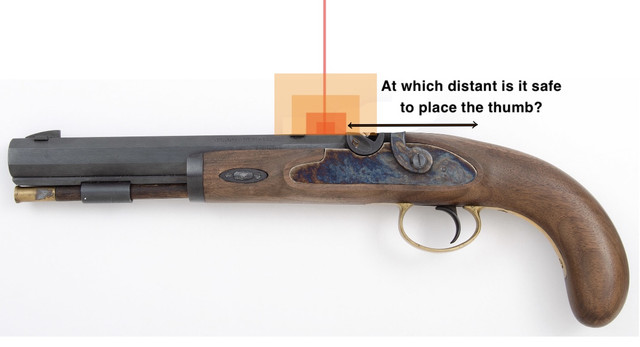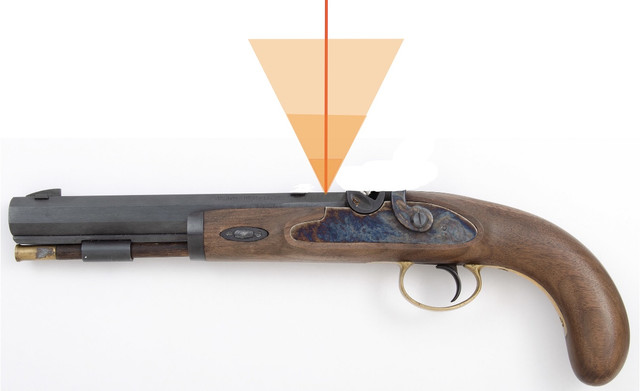Muzzleloading
32 Cal
- Joined
- Aug 18, 2021
- Messages
- 2
- Reaction score
- 0

What is the temperature and velocity of your hot gas? At what temperature do you no longer consider the gases a jet? You have some basic testing to do first. Guessing your propellant/heat source will be blackpowder. Do you know the deflagration rate of your powder? Probably should start your testing to understand that, then move on to measuring the pressure wave from detonation. Not sure how best to measure.


That's why men don't wear pantyhose. We'd blow our feet off.If you're talking about good old fashioned Southwestern Chili, they expand as far as the expandible band on your shorts!

Hey, since when did muzzleloading become "Rocket Science"?You need to solve
All these problems need to be solved simultaneously and as a function of time.
- a physics problem--Ideal Gas Law
- a chemical reaction problem-- KNO3 + S + C = K2S + CO2 + N2
- and a thermodynamics problem--the chemical reaction is an exothermic reaction and provides the energy (temperature) for the Ideal Gas Law
If there is a rocket propulsion engineer on here, they may be able to work it out for you.
I remember working similar problems in college, but I'm 45 years away from those days and don't remember enough of the details to work it out.


Unfortunately, in today'sThat's why men don't wear pantyhose. We'd blow our feet off.
wm
Maybe not rocket science, but ballistic science.Hey, since when did muzzleloading become "Rocket Science"?
Enter your email address to join: